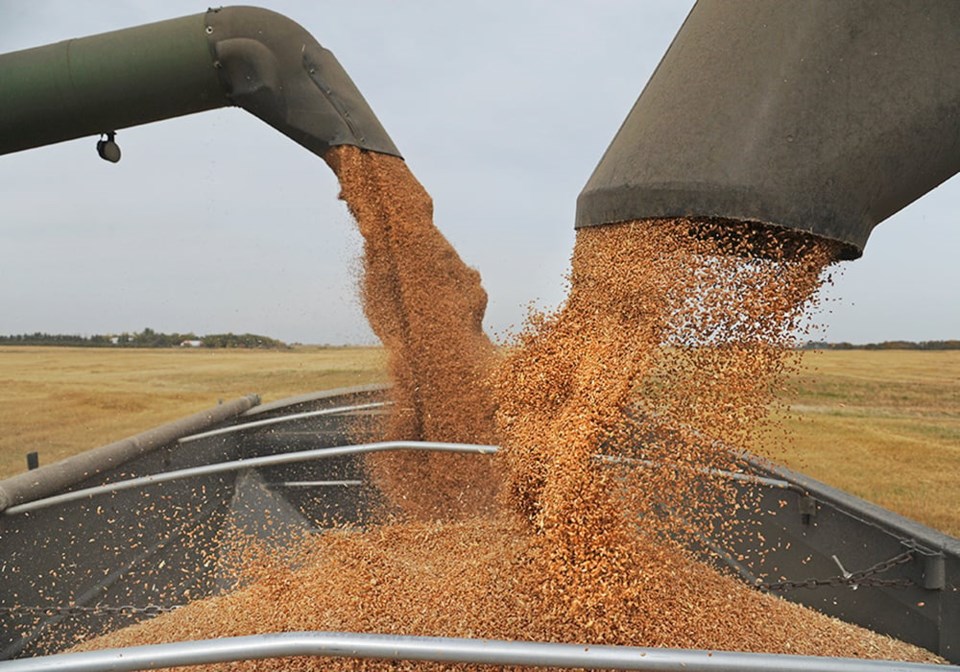WESTERN PRODUCER — When will farmers finally learn everything they need to know about marketing their crops?
At what point has every farmer learned everything they need to know, or decided they’re just not going to bother with it?
Surely there must be a saturation point at which the marketing gurus, advisers, instructors and columnists can just move on and focus on those who are serious about the intricacies of marketing crops in the best possible manner.
But even if there was a lull in interest a few years back, a whole new audience of interested farmers has appeared.
“The farmers who started with me 21 years ago, they’re starting to retire. It’s their sons and daughters who are asking me,” analyst and adviser David Drozd of AgChieve told me during the Ag in Motion outdoor farm show, held near Saskatoon in July.
“They’re asking the good questions. They want to do well for themselves. They want to do good to show their parents.”
Drozd is preparing to head back out this winter to offer marketing education sessions, something he hasn’t done for years.
“I believe there’s a need for it. That’s what I’m hearing,” said Drozd.
He offered marketing education a decade ago, finding lots of interested farmers at that time of marketing evolution, but “things change, and we got busy.”
In Des Moines, Iowa, at the World Pork Expo in June, some of the most popular booths were those being run by brokers, traders, marketers and futures exchanges. I stood around and listened to what farmers were asking, and their questions covered the waterfront of pricing issues, such as quality spreads, specifications, inter-market futures dynamics and delivery situations. These farmers were smart, asking good questions, but not necessarily all that well informed.
That shouldn’t be surprising. Even if we hear about marketing at every farm conference, show and meeting we attend, farmers have a lot on their plates. Agronomy, business management, machinery maintenance, employees — all these suck up energy and attention.
Marketing can end up as the poor sister of the bunch, not seen as a vital, core part of farming. It’s something that many farmers will “get around to” once all the other stuff is perfectly managed.
Many farmers realize at a certain point that they’ll never completely master everything else, and that marketing can’t be held on the back burner forever.
“That’s the number one question I get: what should we do with our grain?” said Drozd.
That’s the question that can lead to farmers unlocking a lot more value in their farms.
“We get the same rain in regions. We get the same varieties. We get the same yields. What separates you is how well you market your grain,” said Drozd.
With a new generation of farmers taking over from their parents, the need for marketing education isn’t going away.



